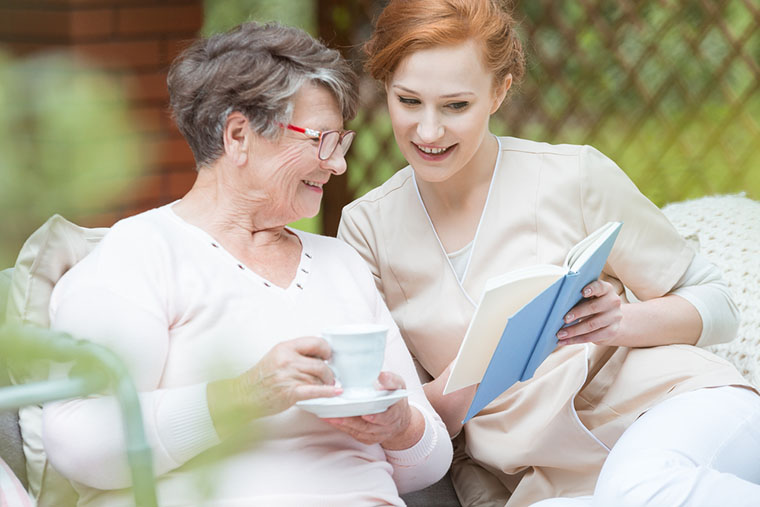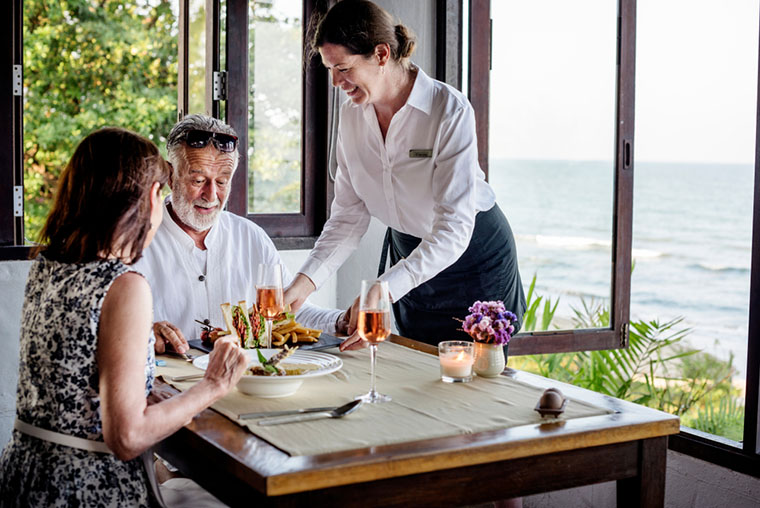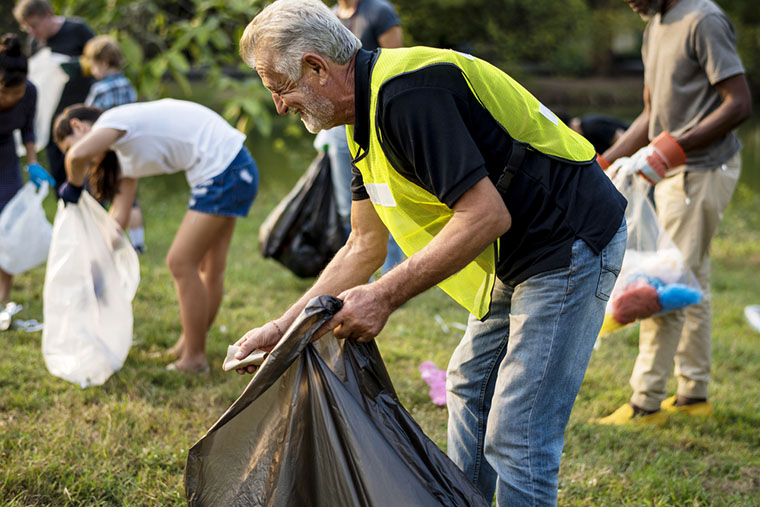“Social wellness” is a term used to define all of the relationships that you have in your life with friends, family, and others. These are people in your social network, as well as your support network. As we age, the number of people we interact with can diminish. This can be sudden, as in the death of a spouse, or gradual, as friends and family relocate.
You may have had a very rich social life but now you don’t drive any longer or your friends don’t drive, lessening the frequency that you can see them. You may have relocated to be closer to a family member, but you left your friends behind, and you don’t have any friends in the new city. It is easy to become isolated and, then, lonely. Loneliness can lead to depression.
Studies have shown that isolation is directly related to an increased frequency of health-related issues. In fact, a more socially active senior has a more fulfilling and healthier status. In addition, the socially active senior has better thinking skills and slower loss of cognitive ability as they age. They also benefit from a strengthened immune system, less depression, and an increase in productivity. These studies show that having a healthy social life will directly impact the quality of a senior’s life.
Here are 6 ways to help your senior loved one improve their social wellness.

- Arrange for professional home care. Home care can be for companionship. There are caregivers who come to spend time with your senior, providing fun activities and a companion to do them with. If your senior is socially isolated, this can be a good way to alleviate loneliness.
- Take a class. Consider trying Tai Chi in the park this summer. Join a book club at the library. There are programs at the YMCA that are geared to seniors, including swimming classes. The caregiver can assist your senior with dressing and making sure the senior’s hair is dry after the class.
If they used to be a member of a quilt guild, they may be interested in joining again. Your senior may be reluctant to go out on their own, at first, but having an elderly companion may be all that is needed to get them to reconnect and, hopefully, make new friends as well.

- Go to lunch. A big part of a senior’s social life can revolve around going out to lunch or dinner with their spouse. When that spouse has passed away, the surviving spouse has suddenly lost both the spouse and their favorite activity. Encourage your senior to go out for an occasional meal with friends or with their caregiver. Take them out for a delicious meal at a favorite restaurant.
- Join the senior center. Senior centers often have groups that form to play cards or shoot pool and other activities. Your senior could attend and enjoy an activity they loved in the past. Seniors can also attend plays and other organized performances or sporting events. Social activities for seniors can ease loneliness, and senior centers have the added benefit of often having their own bus to transport to and from activities.

- Volunteer. Check out their church for opportunities to be of service. Some churches have groups that knit or crochet prayer shawls for the sick. Perhaps the senior could work in a soup kitchen as a server. The food pantry can always use volunteers. Some daycares would love a senior to volunteer as a grandparent to the preschoolers. This will give your senior a sense of accomplishment and worth, as well as improve their social wellness.
- Reconnect. Encourage your senior to reconnect with past friends or even relatives that they’ve lost touch with. Talking can be as easy as using Skype or Facetime to visit. If your senior is not good with technology, have their caregiver set up the connection for them, so they can visit from their home.
There are lots of ways to help improve your senior’s social well being. Look at what special skills or talents they have that can be of use again. What are their interests from the past that can be reignited now? There are sure to be activities that they can participate in that will enrich their lives and contribute to their happiness.

